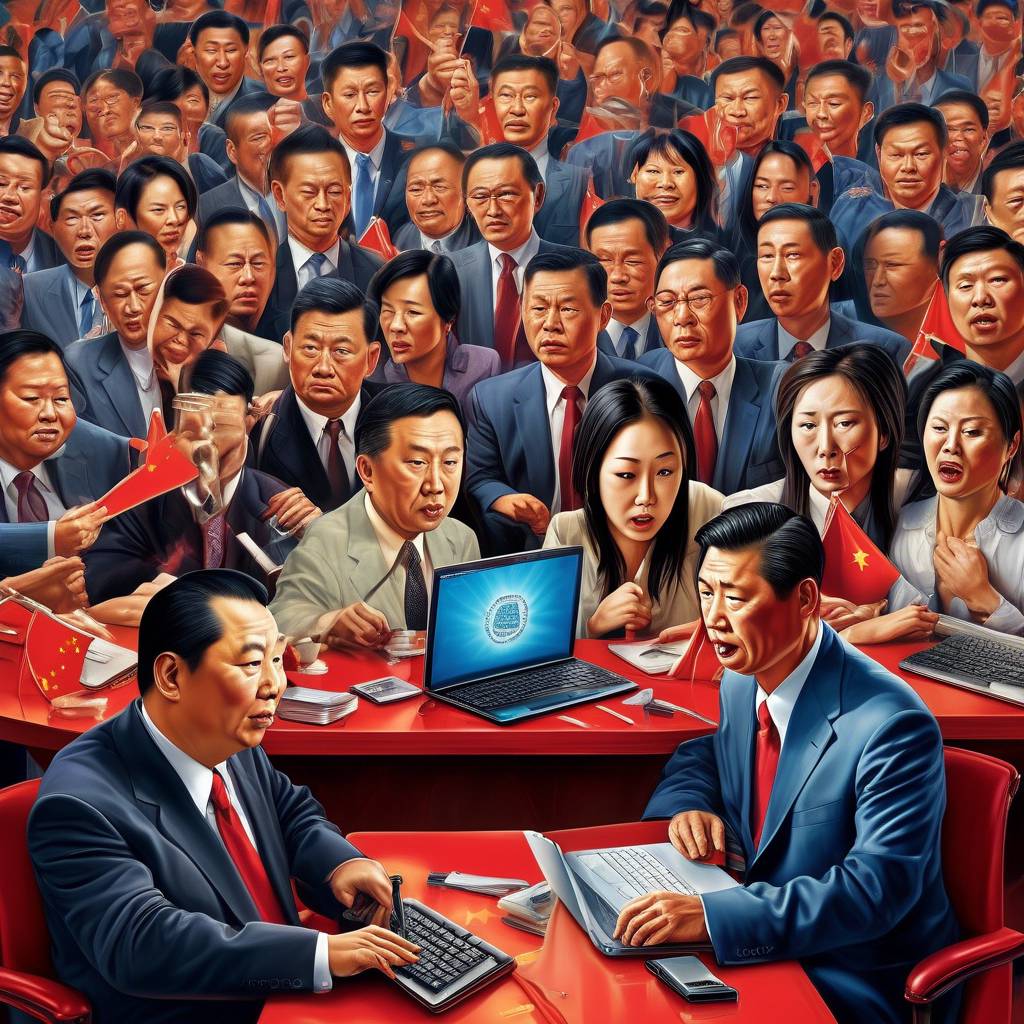
The Great Firewall of China has recently blocked access to all versions of Wikipedia, highlighting the increasing sophistication of China’s censorship regime as the internet becomes more pervasive in the country. Companies like Tencent, the owner of the dominant messaging service WeChat, have implemented powerful automation tools to identify and block sensitive content. For example, WeChat has a built-in censorship system that can scan for blacklisted images and even look inside images to check for sensitive text. This level of automated censorship is similar to efforts made by companies like Facebook to block hate speech.
Notably, Apple has also reportedly complied with China’s censorship rules by removing songs mentioning political topics from the Apple Music service, including references to the Tiananmen protests. Despite criticisms from US lawmakers like Senator Marco Rubio, Apple has not commented on these reports. Researchers believe that China’s censorship system is more of a “kluge”—a patchwork of systems built by companies seeking to meet government expectations while doing the minimum necessary to avoid trouble.
While the effectiveness of China’s censorship regime is debatable, there is evidence to suggest that it works to some extent. A study conducted by researchers at Peking and Harvard Universities found that Chinese students who were given unfiltered internet access displayed little interest in blocked sites and information. This indicates that the system may have successfully prevented people from becoming aware of and demanding banned content. Professor Jennifer Pan, who studies the digital strategies of autocratic regimes, believes that China’s vast internet industry provides plenty of government-compliant content and services, further reducing the demand for banned content.
Overall, the censorship experiment in China suggests that a society may develop amnesia if the internet is forcibly made to forget certain information. Despite criticisms and concerns from outside observers, the Chinese government’s censorship efforts continue to evolve and become more sophisticated as technology advances. Companies like Tencent and Apple have implemented automated tools to identify and block sensitive content, potentially influencing user behavior and limiting access to controversial topics. As China’s censorship regime continues to develop, it remains to be seen how it will impact the flow of information and shape the digital landscape in the country moving forward.






